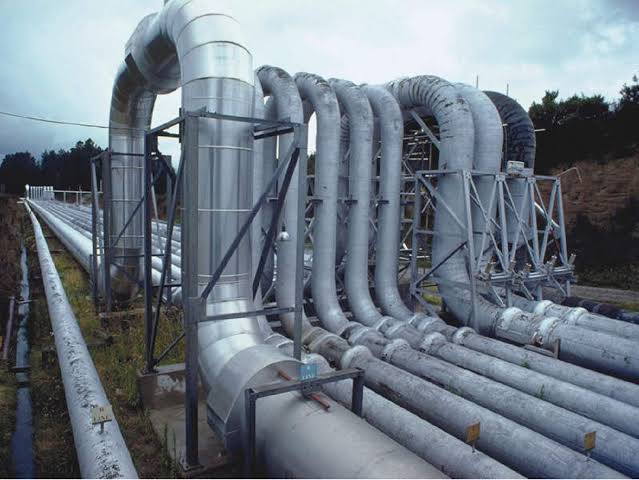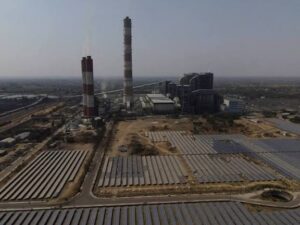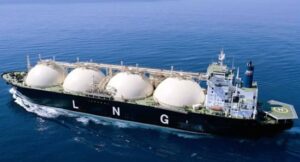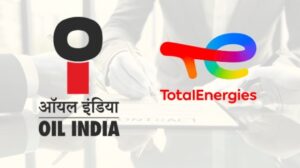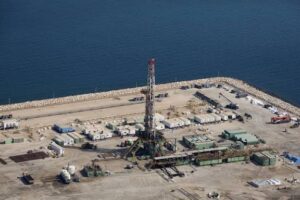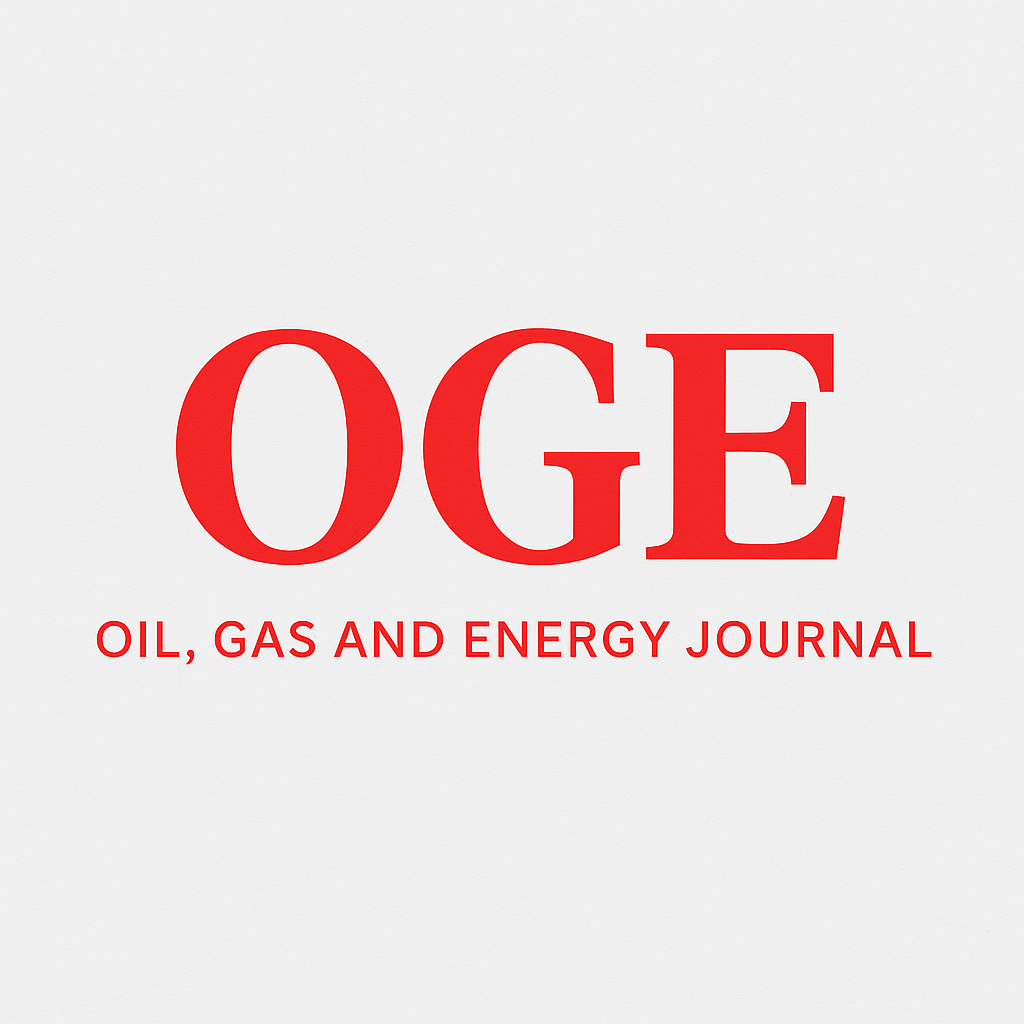Pakistan is deepening its energy partnerships as it works with Azerbaijan and several other countries to advance the White Oil Pipeline project, senior officials revealed at the 2nd International Oil and Gas Conference 2025 in Islamabad.
Speaking at the event, Joint Secretary of the Petroleum Division Shehbaz Tahir said ongoing reforms are aimed at stabilising the energy sector, even as LNG-related challenges persist. He confirmed that domestic LNG-based connections have been reopened, adding that Pakistan must now push for long-term solutions to its widening supply-demand gap.
Industry experts at the conference highlighted that Pakistan’s onshore and offshore basins remain significantly underexplored despite their enormous potential. They stressed that modern seismic imaging, advanced geological modelling and AI-enabled exploration can accelerate discoveries, lower drilling risks and unlock billions of barrels in untapped reserves.
Delivering the keynote address, Kuwait Petroleum Country Manager Ali Taha Al Temimi noted that Pakistan’s gas production—currently capped at about four billion cubic feet per day—no longer meets demand. He said the country’s mature basins alone may hold up to 20 billion barrels of oil equivalent, while tight gas and shale gas prospects across the lower Indus Basin could exceed 170 trillion cubic feet collectively.
He added that Pakistan’s offshore zone spans more than 282,000 square kilometres but has seen only a handful of exploratory wells. Offshore prospects, estimated at six to seven billion barrels of oil equivalent, remain one of the country’s most promising frontiers. A major discovery, he said, could attract global investment similar to the surge witnessed in Namibia.
Panelists also discussed the reduced role of LNG-fired power plants due to the growing use of indigenous alternatives such as Thar coal. They urged the government to prioritise RLNG supply for industries operating captive power systems and called for policy consistency to avoid market distortions. LPG’s importance in remote areas—where piped gas is not available—was also underscored, along with calls for stricter safety oversight.
Speakers agreed that Pakistan’s expanding population, declining reserves and rising energy needs demand urgent action. They called for rapid investment in exploration, faster regulatory approvals, stronger private-sector participation and a stable policy environment to encourage long-term commitments.
Earlier, Energy Update Managing Director M. Naeem Qureshi said the conference was designed to bring together global experts and key industry players to chart a more secure energy future for Pakistan. Senior representatives from Pakistan Petroleum Limited, Pak Arab Refinery Limited, Attock Refinery, Apex Energy and other organisations shared insights on refinery constraints, supply pressures and exploration challenges.
The conference closed with a consensus that AI-enabled exploration and deeper offshore drilling could significantly reshape Pakistan’s energy landscape—provided there is sustained political will and investor confidence.

